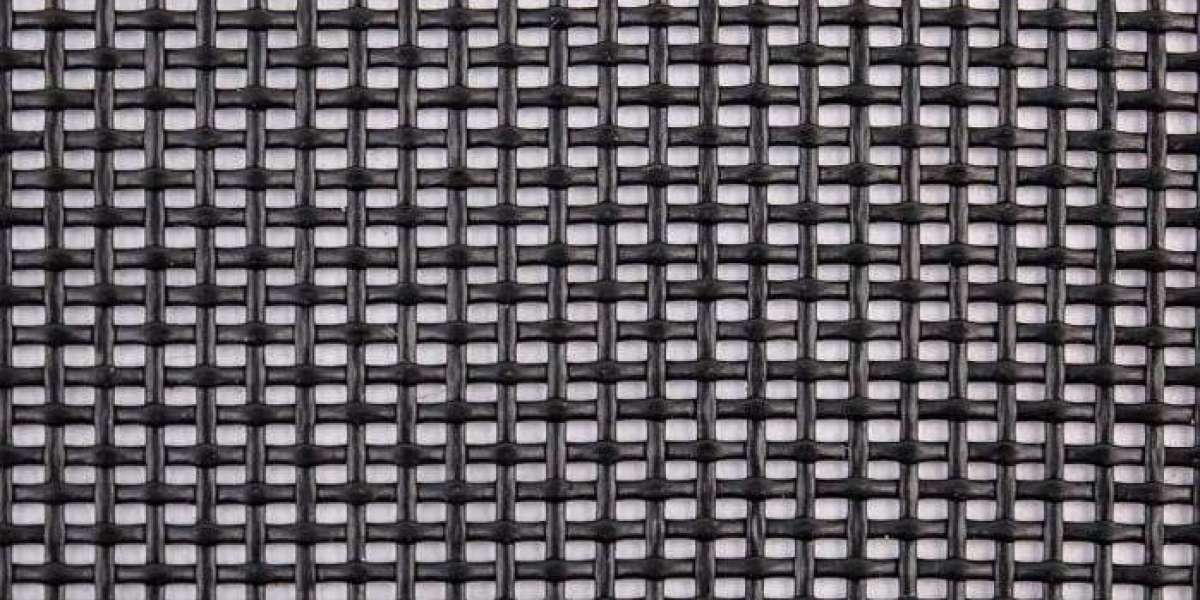Synthetic mesh fabric not only changed the design concept of equipment, but also greatly improved the user's comfort and overall experience. This article will delve into how synthetic mesh fabric plays its unique role in key outdoor equipment such as tents and backpacks, and how it has become an integral part of modern outdoor sports.
Breathability
The most notable feature of synthetic mesh fabric cloth is its excellent air permeability. In tent design, mesh cloth is widely used in the inner tent, especially in the warm season, it can effectively promote air circulation, reduce the accumulation of internal moisture, and keep the sleeping environment dry and comfortable. For backpacks, the use of mesh cloth in the back contact area can reduce the accumulation of sweat, avoid clothing sticking to the body, and keep the back cool even if carried for a long time, greatly improving the comfort of long-distance hiking.
Balance of lightweight and durability
With the pursuit of lightweight equipment for outdoor sports, synthetic mesh fabric ( ) cloth has become the ideal choice for its thin and light without losing strength. On the tent, the lightweight mesh cloth reduces the overall weight, which is especially important for climbers seeking speed and efficiency. At the same time, through the use of high-tech fibers, such as nylon 66 or polyester, these mesh fabrics, although lightweight, are still able to resist tearing, ensuring durability in harsh environments.
Humidity management with fast drying
In humid environments, the rapid drying ability of synthetic mesh fabric cloth is particularly important. For example, the mesh side pocket of a backpack can quickly drain moisture and keep the contents dry, while the mesh part of a tent helps to quickly distribute internal moisture and reduce dew condensation, which is crucial for rainy or foggy adventure environments.
Environmental adaptability and versatility
The synthetic mesh fabric cloth has strong environmental adaptability and can meet the needs of different climatic conditions. In the summer, it provides the necessary ventilation; in winter, combined with the waterproof outer layer, the mesh cloth can be used as a breathable layer to keep the interior warm and not stuffy. In addition, some advanced mesh fabrics also have uv protection to protect users from strong sunlight.







